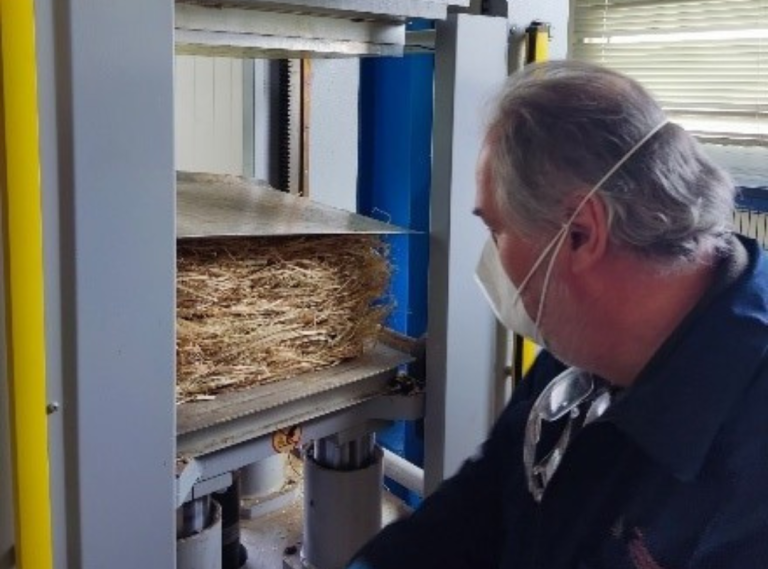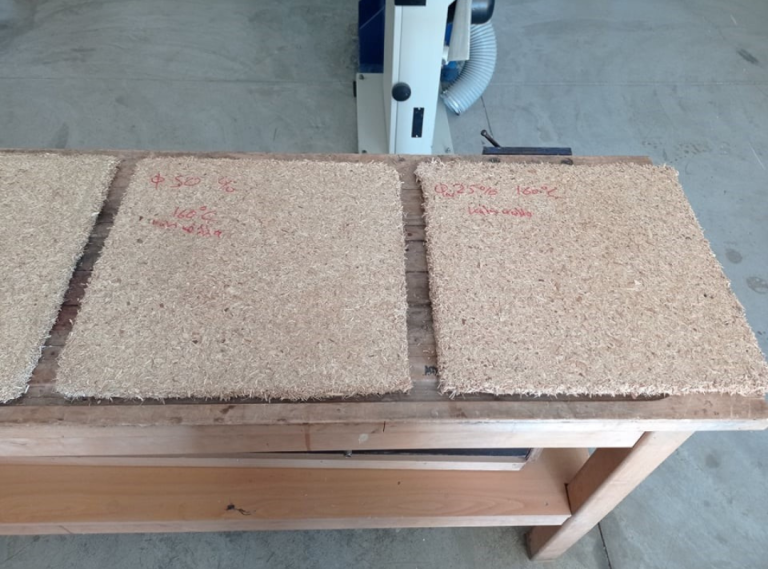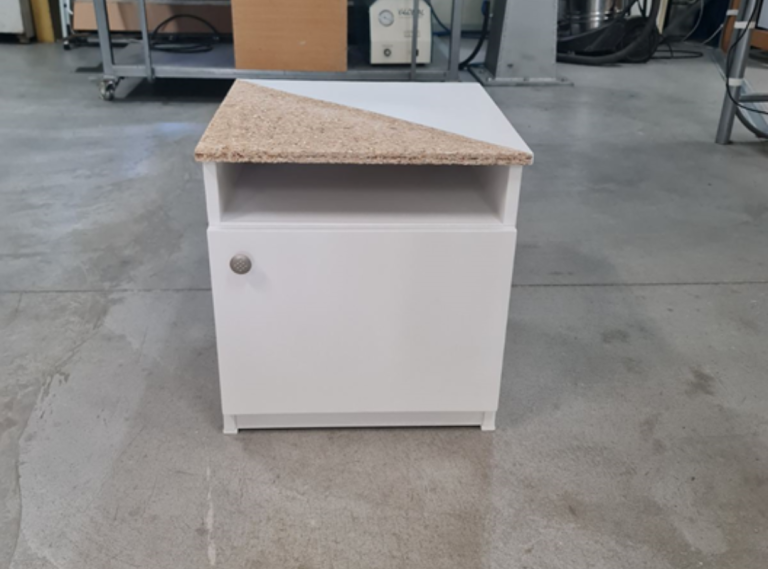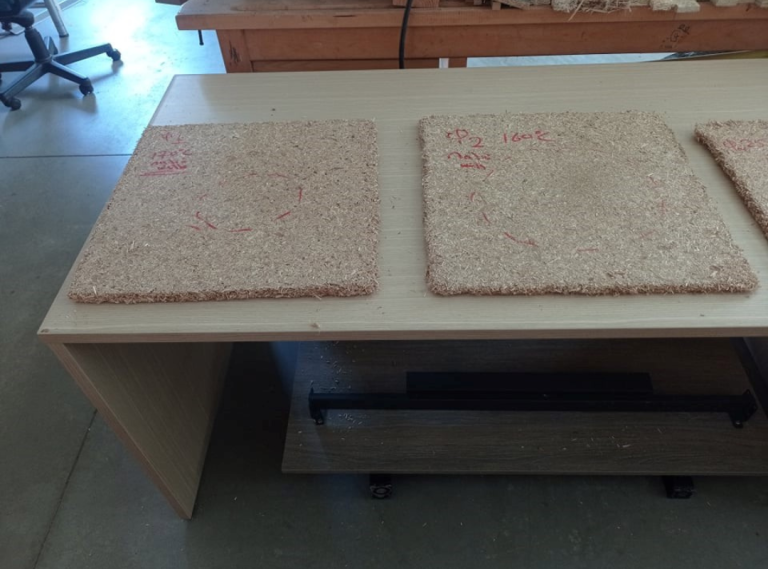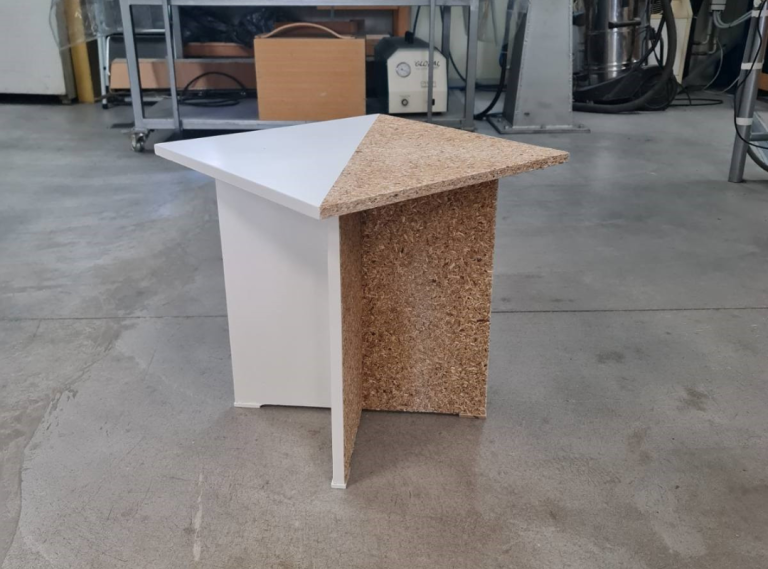The continuous increase in the world’s population leads to a decrease in natural resources and a degradation of the sustainability of the natural environment. In the field of materials, and in particular wood/polymer composites, one solution could be to replace natural wood from agricultural crop residues and synthesize polymers from renewable raw materials or recyclable/biodegradable materials so that the final product can be recycled or biodegradable. Thus, an economy is achieved in the use of new raw materials, agricultural waste finds use in value-added applications and at the end of their life the products are recycled and finally biodegraded without leaving waste.
Object of the research project, entitled “Green and recyclable and / or compostable composite products with improved properties of industrial hemp waste in the context of the circular economy” within the framework of the National Scope Action “RESEARCH-CREATE-INNOVATE B’ CYCLE”, was the manufacture of new composite products from agricultural residues (unusable parts of industrial hemp stems) and polymers from renewable sources or recycled materials.
In particular, the outer part of the stem of the industrial hemp plant was separated from the inner part with a special de-vinization machine.
The inner woody part was properly cut in order to be used in the manufacture of particleboard instead of wood (Wood Based Panels – WBP). The fibers from the outer part of the bark were used as reinforcing materials of recycled high-density polyethylene (HDPE) and bio-polyesters from renewable raw materials, in order to manufacture composite products corresponding to the products plastic/wood (Wood Plastic Composite-WPC).
The proposed WBP and WPC type products are innovative and manufactured for the first time under this project. The main advantage of these new products is the lower cost and weight, but also their increased friendliness to humans and the environment since they can be composted or recycled, responding to the requirements of the circular economy.
The project was coordinated by CHIMAR HELLAS A.E., KANNABIO KOINSEP, Laboratory of Chemistry and Technology of Polymers and Paints – Department of Chemistry of the Aristotle University of Thessaloniki, Laboratory of X-rays, Visual Characterization and Thermal Analysis-Department of Physics of the Aristotle University of Thessaloniki and Laboratory of Technology & Quality Control of Furniture & Wood of the University of Thessaly. The duration of the project was from 16/06/2020 to 15/07/2023.



